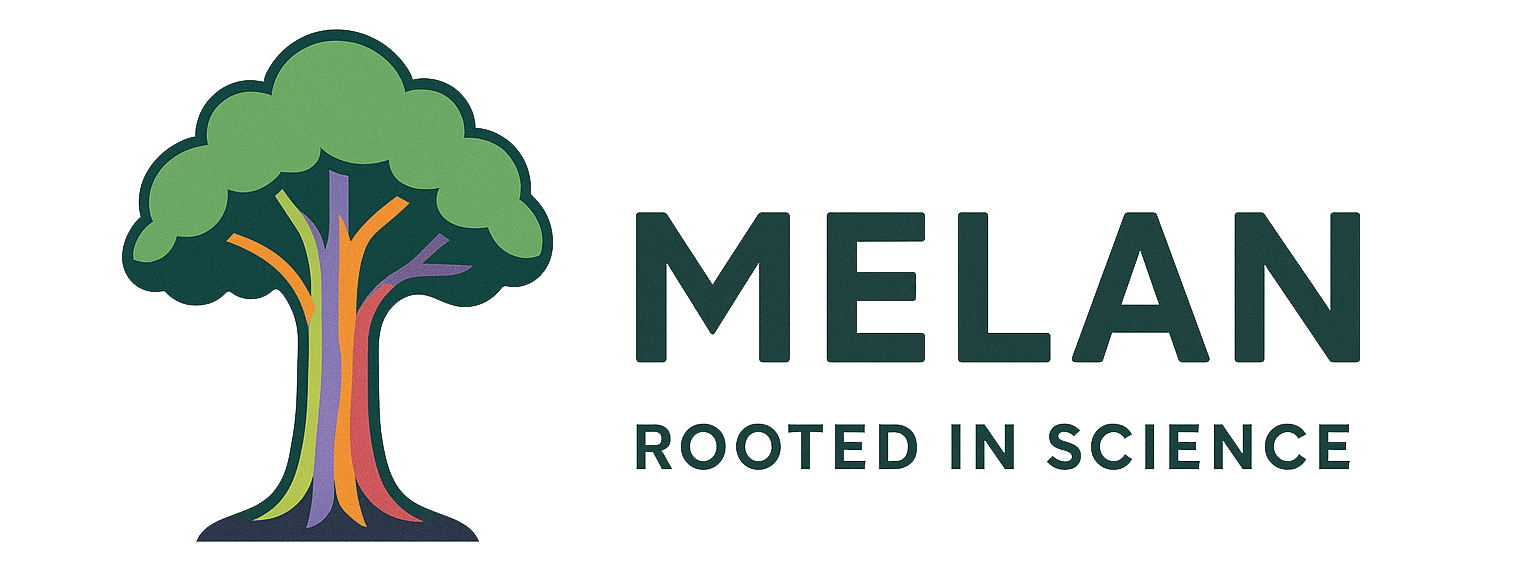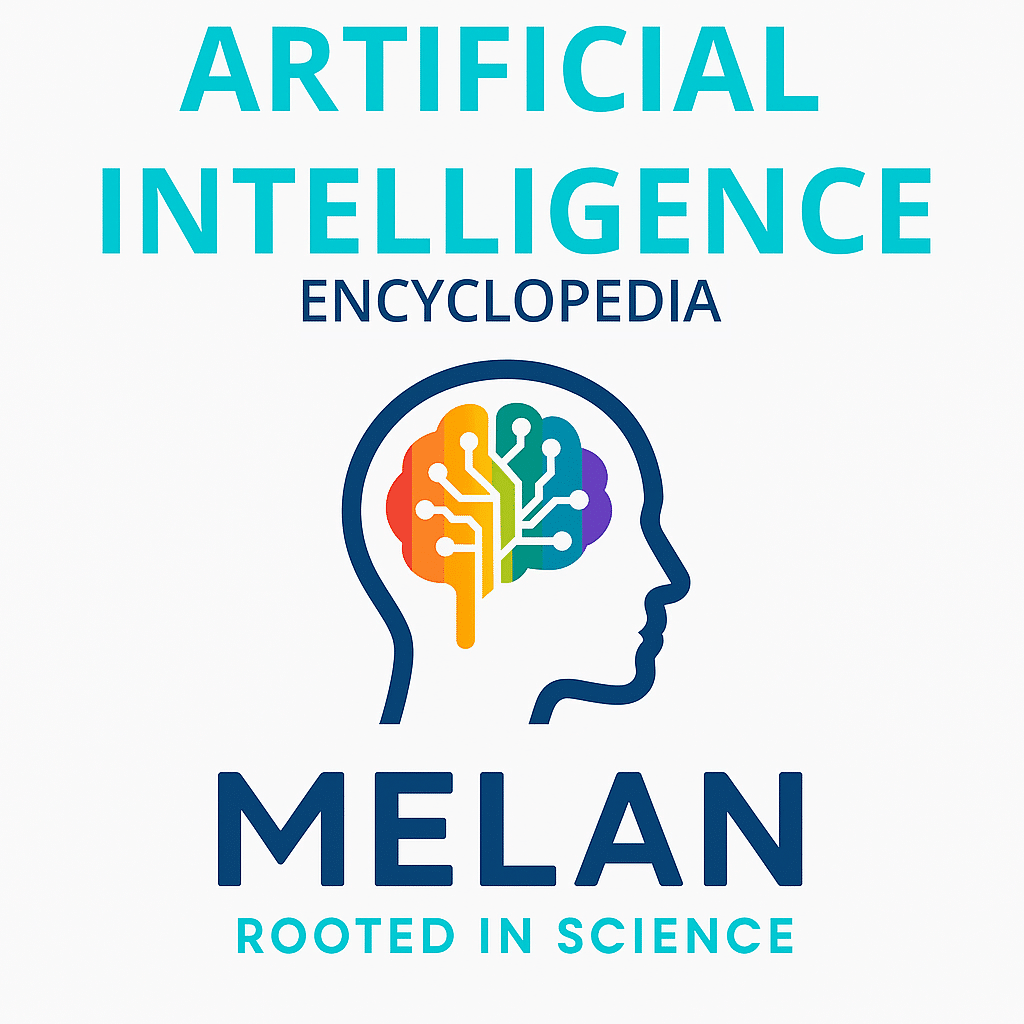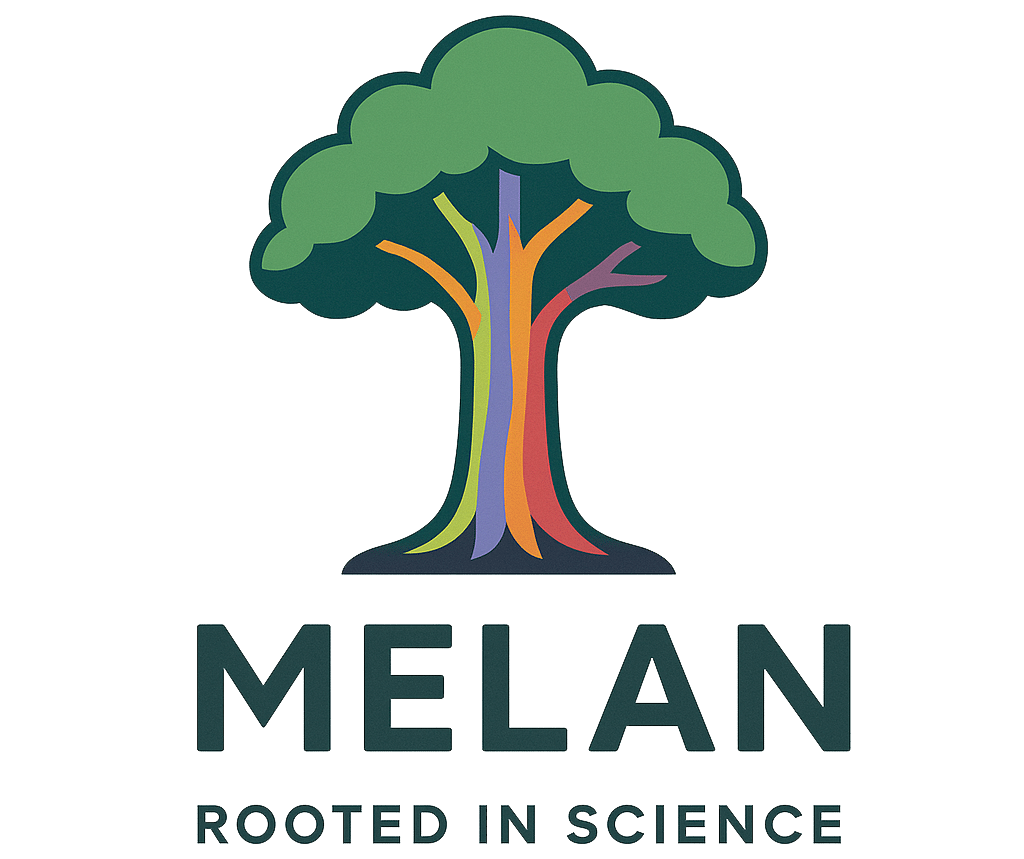Heuristic Search refers to problem-solving algorithms that use informed strategies and domain-specific knowledge to efficiently find solutions in large search spaces, employing “rules of thumb” or educated guesses to guide exploration toward promising areas rather than exhaustively examining all possibilities. These techniques combine systematic search methods with intelligent shortcuts, enabling artificial intelligence systems to solve complex problems like pathfinding, game playing, and optimization tasks that would be computationally intractable with brute-force approaches.
Heuristic Search
|
|
|---|---|
| Category | Artificial Intelligence, Computer Science |
| Subfield | Search Algorithms, Problem Solving, Optimization |
| Key Algorithms | A*, Best-First Search, Hill Climbing, Greedy Search |
| Core Components | Heuristic Function, Search Strategy, Cost Evaluation |
| Primary Applications | Pathfinding, Game AI, Robotics, Optimization |
| Sources: Russell & Norvig AI Textbook, IEEE AI Research, AAAI Publications | |
Other Names
Informed Search, Guided Search, Intelligent Search, Best-First Search, Knowledge-Based Search, Directed Search, Smart Search, Goal-Directed Search
History and Development
Heuristic search emerged in the 1950s and 1960s as researchers at institutions like Carnegie Mellon University and Stanford University sought efficient methods for solving complex AI problems. Allen Newell, Cliff Shaw, and Herbert Simon developed early heuristic approaches for their Logic Theorist and General Problem Solver programs, demonstrating that intelligent shortcuts could dramatically improve search efficiency.
The field advanced significantly with Judea Pearl’s work on admissible heuristics in the 1970s and the development of the A* search algorithm by Peter Hart, Nils Nilsson, and Bertram Raphael at Stanford Research Institute in 1968. Richard Korf’s contributions in the 1980s and 1990s further refined heuristic search techniques, while applications in robotics, game playing, and automated planning established heuristic search as a fundamental component of artificial intelligence systems across diverse domains.
How Heuristic Search Works
Heuristic search operates by combining systematic exploration of problem spaces with domain-specific knowledge encoded in heuristic functions that estimate the cost or distance to goal states. The search algorithm maintains a frontier of partially explored states, using the heuristic function to prioritize which states to expand next based on their estimated promise for reaching solutions. Unlike blind search methods that explore systematically without guidance, heuristic search focuses computational effort on the most promising paths, dramatically reducing the number of states that need to be examined.
The heuristic function provides an educated guess about the remaining cost to reach a goal, allowing algorithms like A* to balance the known cost of reaching a state with the estimated cost of continuing to the goal, ensuring both efficiency and optimality when the heuristic meets certain mathematical properties.
Variations of Heuristic Search
A* Search Algorithm
Optimal search method that combines actual path cost with heuristic estimates to find shortest paths, widely used in navigation systems, robotics, and game AI where finding the best solution is crucial for performance and efficiency.
Greedy Best-First Search
Fast but potentially suboptimal approach that selects actions based solely on heuristic estimates without considering path costs, useful for real-time applications where speed is more important than optimality.
Hill Climbing and Local Search
Iterative improvement methods that move toward better solutions by making local changes, effective for optimization problems where global optimality is less important than finding good solutions quickly.
Real-World Applications
Heuristic search powers navigation and GPS systems that find optimal routes between locations by using distance estimates and traffic information to guide pathfinding algorithms through road networks. Video game artificial intelligence relies on heuristic search for character movement, strategic planning, and real-time decision-making that creates challenging and believable computer opponents. Robotics applications use heuristic search for motion planning, obstacle avoidance, and task scheduling, enabling autonomous systems to navigate complex environments and accomplish goals efficiently.
Automated planning systems in manufacturing, logistics, and project management employ heuristic search to optimize resource allocation, scheduling, and workflow coordination. Puzzle-solving and theorem-proving systems use heuristic search to explore solution spaces intelligently, making previously intractable problems solvable within reasonable time constraints.
Heuristic Search Benefits
Heuristic search dramatically reduces computational requirements by focusing exploration on promising areas of search spaces, making it possible to solve complex problems that would be intractable with exhaustive search methods. The approach provides flexible frameworks that can incorporate domain-specific knowledge and expertise, allowing AI systems to leverage human understanding and expert insights to improve problem-solving performance. Heuristic search algorithms can be tuned and optimized for specific applications, balancing solution quality against computational speed based on particular requirements and constraints.
The methods provide principled approaches to handling uncertainty and incomplete information, enabling robust performance even when perfect knowledge about problem domains is unavailable. Many heuristic search algorithms provide optimality guarantees under certain conditions, ensuring that efficient solutions are also mathematically optimal when appropriate heuristic functions are used.
Risks and Limitations
Heuristic Quality and Design Challenges
The effectiveness of heuristic search depends critically on the quality of heuristic functions, which can be difficult to design for complex domains and may require significant domain expertise and experimentation. Poor heuristics can lead to suboptimal solutions or even worse performance than uninformed search methods, while developing good heuristics often requires deep understanding of problem structure and characteristics.
Local Optima and Solution Quality Issues
Many heuristic search methods, particularly local search techniques like hill climbing, can become trapped in local optima that represent good but not globally optimal solutions. This limitation can be problematic in critical applications where finding the best possible solution is essential for safety, efficiency, or competitive advantage.
Computational Complexity and Scalability
Despite efficiency improvements, heuristic search can still face exponential complexity growth in very large or high-dimensional search spaces, limiting applicability to certain classes of problems. Real-time applications may require compromises between solution quality and computational speed that affect overall system performance and reliability.
Validation and Verification Challenges
Ensuring the correctness and reliability of heuristic search implementations requires extensive testing and validation, particularly for safety-critical applications in autonomous systems, medical devices, and industrial control systems. Regulatory frameworks in domains like aviation, automotive, and healthcare increasingly require formal verification of search algorithms and their heuristic components. These challenges stem from legal pressure following accidents involving autonomous systems that rely on pathfinding algorithms, market demands for reliable and predictable AI behavior in commercial applications, reputation management after high-profile failures of navigation and planning systems, and investor concerns about liability and safety in AI-powered products.
Standards Development and Professional Guidelines
Engineering organizations, robotics societies, and AI research communities work to establish standards for heuristic search validation and testing, while regulatory bodies develop guidelines for safety-critical applications. Professional associations in fields like robotics, autonomous vehicles, and industrial automation establish best practices for heuristic design and implementation. The intended outcomes include improving the reliability and predictability of heuristic search systems, establishing validation methods for critical applications, developing robust heuristic design methodologies, and ensuring appropriate safety margins in autonomous systems.
Initial evidence shows increased focus on formal verification methods for search algorithms, development of standardized testing frameworks for navigation systems, growing awareness of heuristic limitations in safety-critical applications, and establishment of certification processes for autonomous system components.
Current Debates
Machine Learning vs. Hand-Crafted Heuristics
Researchers debate whether heuristic functions should be designed by human experts based on domain knowledge or learned automatically through machine learning techniques, with disagreements about the reliability, interpretability, and performance of each approach.
Optimality vs. Real-Time Performance Trade-offs
Practitioners argue about acceptable compromises between finding optimal solutions and meeting real-time constraints, particularly in applications like autonomous vehicles and robotics where both solution quality and response time are critical.
Admissible vs. Inadmissible Heuristics
Algorithm designers debate the value of maintaining mathematical optimality guarantees through admissible heuristics versus accepting potentially suboptimal solutions in exchange for significantly improved computational efficiency.
Domain-Specific vs. General-Purpose Search Methods
Computer scientists disagree about whether to develop specialized heuristic search algorithms for particular domains or focus on general-purpose methods that can be adapted across different problem types and applications.
Distributed and Parallel Heuristic Search
Researchers debate optimal strategies for parallelizing heuristic search algorithms across multiple processors or distributed systems, weighing communication overhead against potential speedup benefits.
Media Depictions of Heuristic Search
Movies
- A Beautiful Mind (2001): John Nash’s (Russell Crowe) mathematical insights into game theory and optimization parallel the intelligent problem-solving approaches used in heuristic search algorithms
- The Imitation Game (2014): Alan Turing’s (Benedict Cumberbatch) codebreaking strategies demonstrate heuristic approaches to solving complex problems by using educated guesses and domain knowledge
- I, Robot (2004): VIKI’s strategic planning and the robots’ pathfinding behaviors reflect advanced heuristic search capabilities in autonomous systems and decision-making
TV Shows
- Numb3rs (2005-2010): Charlie Eppes (David Krumholtz) frequently uses mathematical optimization and search strategies similar to heuristic search to solve crimes and analyze complex problems
- Person of Interest (2011-2016): The Machine’s ability to analyze threats and predict outcomes demonstrates sophisticated search and planning algorithms that guide decision-making
- Westworld (2016-2022): Android hosts’ navigation and decision-making behaviors reflect advanced pathfinding and planning algorithms similar to heuristic search implementations
Books
- Gödel, Escher, Bach (1979) by Douglas Hofstadter: Explores problem-solving strategies and intelligent search methods that parallel concepts in heuristic search and artificial intelligence
- The Art of Computer Programming by Donald Knuth: Comprehensive treatment of algorithms including search strategies and optimization techniques fundamental to heuristic search
- Algorithms to Live By (2016) by Brian Christian and Tom Griffiths: Discusses real-world applications of computer science concepts including search strategies and optimization in everyday decision-making
Games and Interactive Media
- Chess and Go AI: Game-playing programs like Deep Blue and AlphaGo use sophisticated heuristic search algorithms to evaluate positions and plan moves, demonstrating practical applications of intelligent search
- Real-Time Strategy Games: Games like StarCraft and Age of Empires use heuristic search for unit pathfinding, resource optimization, and strategic planning by AI opponents
- Puzzle Games: Games like Portal and The Witness require players to use heuristic reasoning and search strategies to solve complex spatial and logical puzzles
- Navigation Applications: GPS systems and mapping software like Google Maps use A* and other heuristic search algorithms to find optimal routes in real-world navigation scenarios
Research Landscape
Current research focuses on developing machine learning approaches to automatically discover effective heuristic functions from data, reducing the need for manual heuristic design and enabling better performance in complex domains. Scientists are working on parallel and distributed heuristic search algorithms that can leverage modern multi-core and cloud computing resources for solving large-scale optimization problems.
Advanced techniques combine heuristic search with other AI methods like reinforcement learning and neural networks to create hybrid approaches that improve both efficiency and solution quality. Emerging research areas include quantum heuristic search algorithms that exploit quantum computing properties, online heuristic search for dynamic environments where problem constraints change over time, and robust heuristic search methods that maintain performance under uncertainty and adversarial conditions.
Selected Publications
- Differential phosphorylation of receptor kinase SlLYK4 mediates immune responses to bacterial and fungal pathogens in tomato
- Enhanced flight performance and adaptive evolution of Mesozoic giant cicadas
- Native architecture of a human GBP1 defense complex for cell-autonomous immunity to infection
- Early giant reveals faster evolution of large body size in ichthyosaurs than in cetaceans
- Autocrine inhibition by a glutamate-gated chloride channel mediates presynaptic homeostatic depression
Frequently Asked Questions
What exactly is heuristic search?
Heuristic search is an artificial intelligence technique that uses intelligent shortcuts and domain knowledge to efficiently find solutions in complex problem spaces, rather than blindly examining all possible options.
How does heuristic search differ from regular search algorithms?
Unlike uninformed search methods that explore systematically without guidance, heuristic search uses educated guesses and domain-specific knowledge to focus on the most promising areas of the search space, dramatically improving efficiency.
What are some common applications of heuristic search?
Major applications include GPS navigation systems for finding optimal routes, video game AI for character movement and strategy, robotics for motion planning, and optimization problems in logistics and scheduling.
How do you design good heuristic functions?
Effective heuristics require deep understanding of the problem domain, should provide good estimates of remaining cost or distance to goals, and often benefit from combining multiple sources of information and domain expertise.
What are the limitations of heuristic search methods?
Key limitations include dependence on heuristic quality, potential for getting trapped in local optima, computational complexity in very large search spaces, and challenges in designing appropriate heuristics for complex or novel domains.


